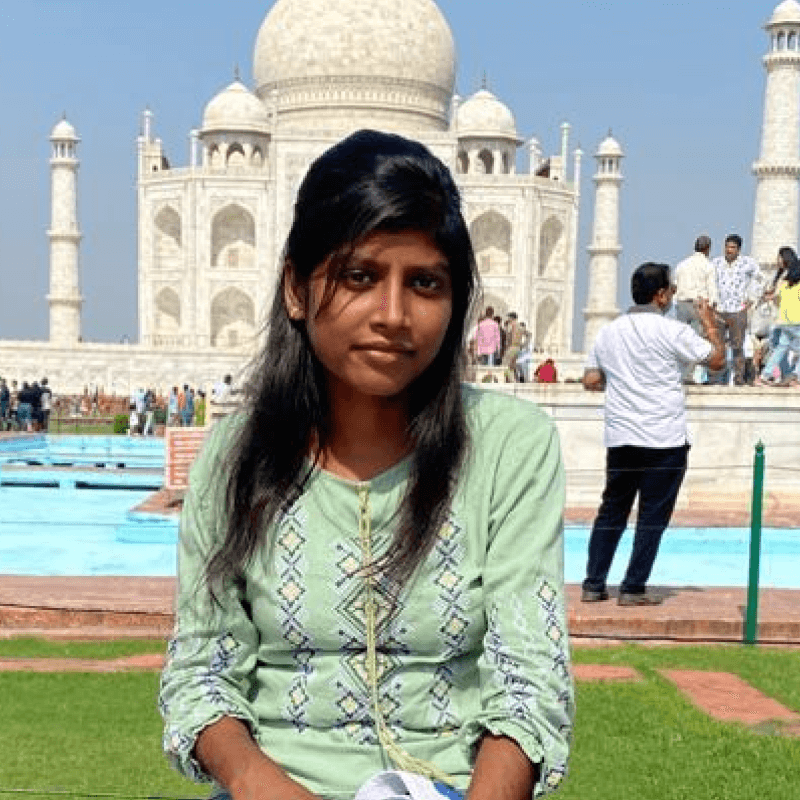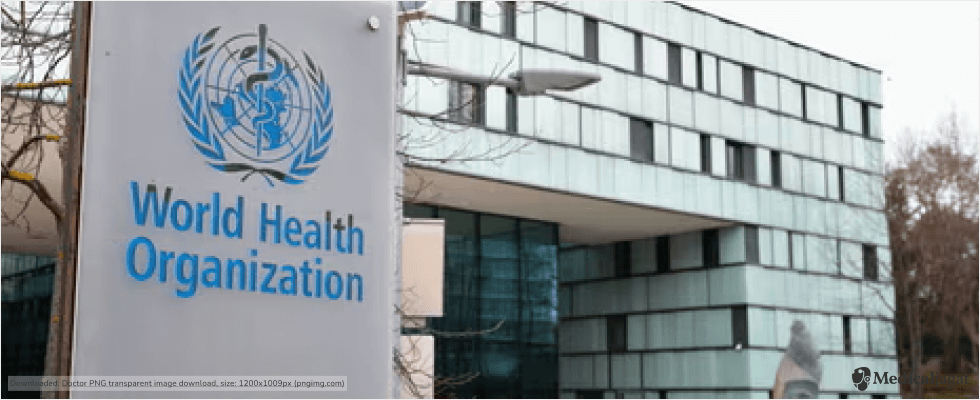
The Delhi government has introduced a one-year mandatory service bond for medical students graduating from both all-India and state quota seats, requiring them to work in medical institutions under the Government of the National Capital Territory of Delhi (GNCTD). If students fail to fulfill this obligation, they face a fine of Rs 15 lakh for undergraduate programs and Rs 20 lakh for postgraduate programs.
The medical community has expressed strong opposition to the policy, describing it as "draconian, enslavement, and forced labor." Doctors argue that this policy negatively impacts both medical education and the healthcare system.
They highlight the disparity between medical graduates and those from prestigious institutions such as Delhi University and IIT Delhi, who are not subject to similar requirements. Concerns have also been raised about the fairness and practicality of this legislation.
This policy requires medical graduates to sign three types of bonds: a service bond, a seat-leaving bond, and a bank guarantee. For example, in Andhra Pradesh, a one-year service bond with a penalty of Rs 40 lakh is enforced. However, until now, Delhi had not imposed any service bonds on medical graduates.
Dr. Rohan Krishnan, national chairman and co-founder of the Federation of All India Medical Association (FAIMA), referred to the bond as "forced labor and enslavement." He criticized the government for attempting to address shortcomings in the healthcare system by placing an undue burden on doctors. He said, "Officers with little understanding of the ground realities are experimenting with doctors and the Indian healthcare system. This ad-hoc approach weakens the health system."
Dr. Krishnan emphasized that the service bond policy is already being phased out across India, with the National Medical Commission (NMC) issuing guidelines to end the bond requirement for both undergraduate and postgraduate medical graduates. He argued that implementing this bond in Delhi while it is being abolished in other parts of India is unjust.
He further explained that many medical students in Delhi come from various regions of the country and typically seek better opportunities after graduation. The government's plan to assign these doctors to primary healthcare centers (PHCs) and underresourced hospitals creates additional burdens. Additionally, the lack of adequate infrastructure in these hospitals raises concerns about the quality of care and professional development for these doctors.
The United Doctors Front Association (UDFA) condemned the policy, claiming it violates the rights of new medical graduates and is exploitative. In a social media post, UDFA demanded the immediate repeal of the policy, stating, "The GNCTD’s forced one-year service bond on medical graduates blatantly violates our rights and professional freedom. Doctors are not bonded laborers!"
Dr. Dhruv Chauhan, a national council member of the Indian Medical Association (IMA) criticized the bond policy as a form of bonded slavery. He questioned why doctors are being singled out, raising concerns about bias in such forceful legislation. "Why are only doctors subjected to this bonded slavery and not professionals from other fields? This disparity raises further concerns about the fairness of the policy," he said.
Dr. Chauhan also questioned the necessity of the bond in Delhi, where there is already a surplus of both junior and senior doctors. He pointed to the thousands of applicants vying for only a few hundred posts each year as evidence of this surplus.
Dr. Shubham Anand, a junior resident at VMMC and Safdarjung Hospital and national chairman of the Global Association of Indian Medical Students (GAIMS), shared similar concerns. He noted, "With 50% of the all-Indiaquota, many students from other states return home after completing their courses. This mandatory bond forces them to stay against their will and disrupts their preparation for international exams like USMLE and PLAB." Dr. Anand also pointed out that the number of MBBS graduates in Delhi exceeds the available job vacancies, and this bond policy could block opportunities for residents from other states seeking better prospects in Delhi.















